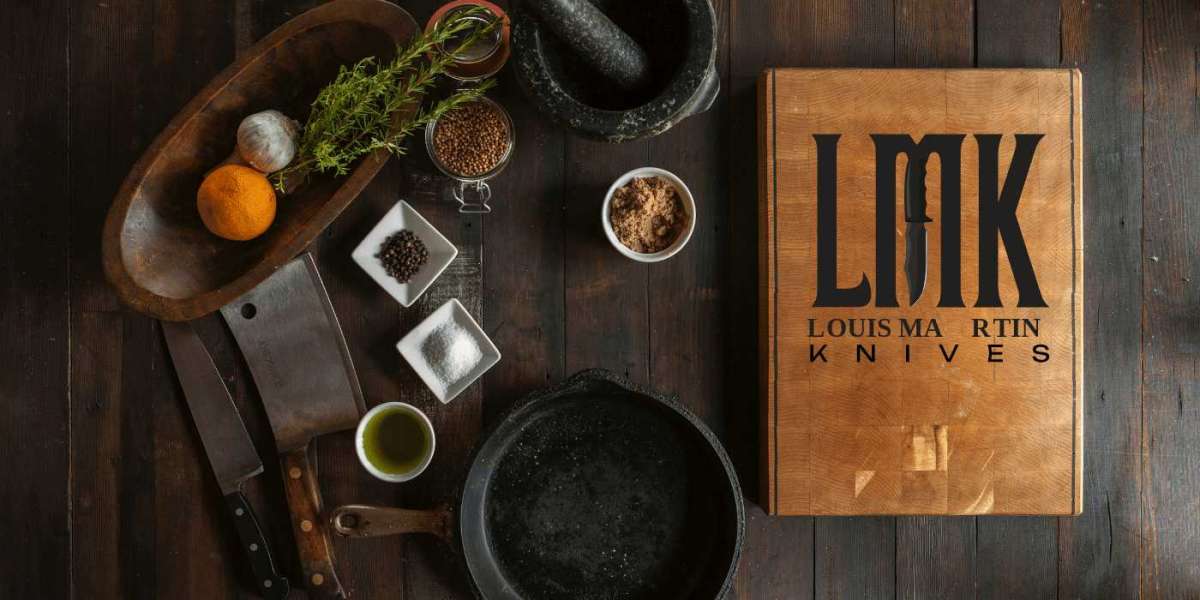The knife industry is a dynamic and diverse market, with wholesale knives playing a crucial role. Whether for culinary use, outdoor activities, or collecting, wholesale knives offer an accessible and cost-effective solution for businesses and individuals alike. This article explores the various aspects of wholesale knives, including their benefits, types, sourcing, and market trends.
The Benefits of Wholesale Knives
Wholesale knives offer numerous advantages, particularly for businesses and bulk buyers. Purchasing knives in large quantities often results in significant cost savings. Retailers, restaurants, and other businesses can benefit from lower per-unit prices, allowing them to maintain competitive pricing or increase profit margins.
Additionally, buying wholesale ensures a consistent supply of products. For businesses that rely on knives, such as culinary schools or outdoor adventure companies, having a steady inventory is crucial. Wholesale purchasing also enables businesses to offer a wider range of products, catering to diverse customer preferences and needs.
Types of Wholesale Knives
The variety of knives available for wholesale purchase is extensive. Understanding the different types can help buyers make informed decisions based on their specific requirements.
- Kitchen Knives: These include chef’s knives, paring knives, bread knives, and carving knives. High-quality kitchen knives are essential for professional chefs and home cooks alike, making them a popular wholesale item.
- Hunting and Outdoor Knives: These knives are designed for outdoor activities such as hunting, camping, and fishing. They include fixed-blade knives, folding knives, and multi-tools. Durability and functionality are key features of these knives.
- Tactical and Survival Knives: Used by military personnel, law enforcement, and survivalists, these knives are built for rugged use. They often feature specialized designs for self-defense and survival situations.
- Collectible Knives: These include custom-made, limited-edition, and antique knives. Collectors seek unique and high-quality pieces, making this a niche but lucrative market.
- Utility and Pocket Knives: Everyday carry (EDC) knives are versatile tools used for a variety of tasks. They are popular among a wide audience, from handymen to outdoor enthusiasts.
Sourcing Wholesale Knives
Finding reliable sources for wholesale knives is essential for businesses looking to offer quality products. There are several avenues to explore when sourcing wholesale knives.
- Manufacturers: Purchasing directly from manufacturers can result in the best prices and the ability to customize orders. Establishing a relationship with reputable manufacturers ensures consistent quality and supply.
- Distributors: Distributors often carry a wide range of brands and types of knives. They can provide flexibility in order sizes and quicker turnaround times, making them a convenient option for many businesses.
- Trade Shows and Expos: Industry trade shows and expos are excellent opportunities to connect with suppliers, discover new products, and negotiate deals. These events provide valuable networking opportunities and insights into market trends.
- Online Wholesale Platforms: Websites specializing in wholesale products offer a convenient way to browse and purchase knives. These platforms often feature reviews and ratings, helping buyers make informed decisions.
Quality Considerations
When purchasing wholesale knives, quality is paramount. Poor-quality knives can lead to customer dissatisfaction, returns, and damage to a business’s reputation. It is essential to evaluate the materials, construction, and brand reputation when selecting wholesale knives.
- Materials: High-quality knives are typically made from stainless steel, high-carbon steel, or Damascus steel. The choice of material affects the knife’s durability, sharpness, and ease of maintenance.
- Construction: The manufacturing process, including forging and heat treatment, plays a crucial role in the knife’s performance. Well-constructed knives will have a balanced weight, a comfortable handle, and a sharp, durable edge.
- Brand Reputation: Established brands with a history of producing reliable knives are generally a safer bet. Researching reviews and customer feedback can provide insights into a brand’s quality and reliability.
Market Trends
Staying informed about market trends can help businesses make strategic decisions when purchasing wholesale knives. Several trends are currently shaping the knife industry.
- Sustainability: There is a growing demand for environmentally friendly products. Knives made from sustainable materials and produced using eco-friendly processes are becoming more popular.
- Customization: Customizable knives, including options for engraving and personalized handles, are in demand. Offering customization can attract a wider customer base and add value to the products.
- Technological Integration: Advances in technology are influencing knife design and manufacturing. Innovative materials, ergonomic designs, and enhanced functionality are key selling points.
- E-commerce Growth: The rise of online shopping has made it easier for customers to purchase knives. Businesses should consider optimizing their online presence and utilizing e-commerce platforms to reach a broader audience.
Legal and Safety Considerations
When dealing with wholesale knives, it is crucial to be aware of legal and safety considerations. Different countries and regions have specific regulations regarding the sale and distribution of knives.
- Age Restrictions: Many places have age restrictions on the purchase of knives. It is important to comply with these regulations to avoid legal issues.
- Shipping Regulations: Shipping knives, especially internationally, can be subject to various restrictions and regulations. Ensuring compliance with these regulations is essential to avoid delays and penalties.
- Product Safety: Ensuring that knives meet safety standards is crucial. This includes proper labeling, safe packaging, and providing clear usage instructions to prevent accidents.
Conclusion
Wholesale knives offer a unique opportunity for businesses to provide quality products at competitive prices. By understanding the different types of knives, sourcing reliable suppliers, prioritizing quality, staying informed about market trends, and adhering to legal and safety regulations, businesses can successfully navigate the wholesale knife market. Whether for culinary professionals, outdoor enthusiasts, or collectors, wholesale knives continue to be a valuable and sought-after commodity in various industries.








